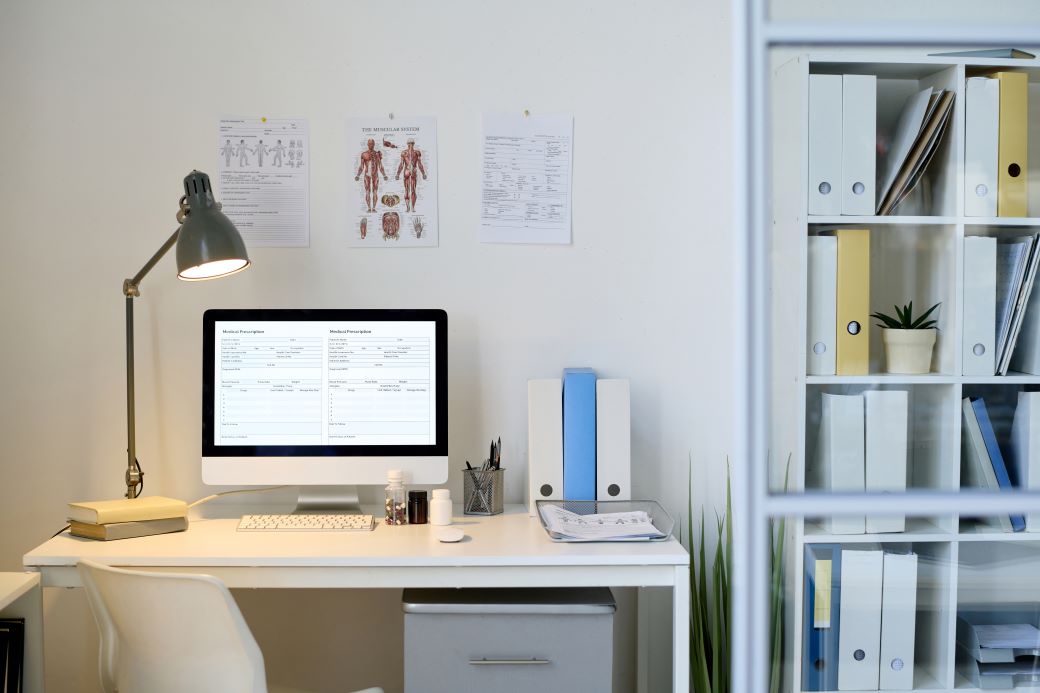There are no absolute models for managing a pediatric practice. Regardless of the size and/or location, each practice requires planning and creative management to successfully meet the needs of patients/families and be financially viable.
These resources are designed to help pediatricians stay current on healthcare trends; effectively manage their careers, practices and patient panels; and succeed in a competitive environment.







